Easy-to-read guide will help you keep up as US election is decided
The US political system differs from ours – here are key details and some essential information, so you can follow the US presidential election as history unfolds and America decides
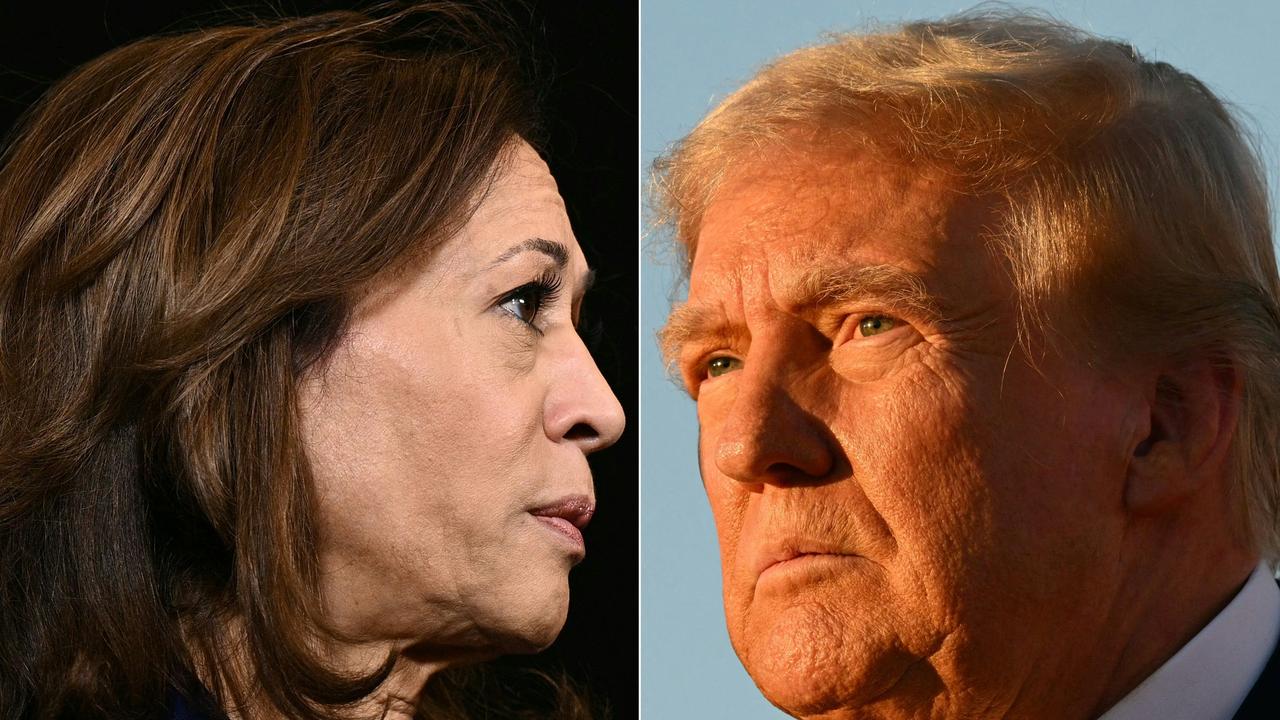
READING LEVELS: ORANGE
After months of headlines, America is off to the polls. Whatever happens, history will be made: America will either elect its first female president, or its first president who is also a convicted felon*.
WHEN DOES VOTING FOR THE US ELECTION START?
Voting has already commenced in the form of mail-in ballots* in the states that accept such measures. A fortnight out from voting day, more than 20 million postal votes had already been cast.
On election day proper, Tuesday 5 November, three tiny towns in New Hampshire (Hart’s Location, Dixville Notch and Millsfield) cast ballots shortly after midnight. Voting in some eastern states opens at 6am Tuesday (8pm Tuesday AEDT*).
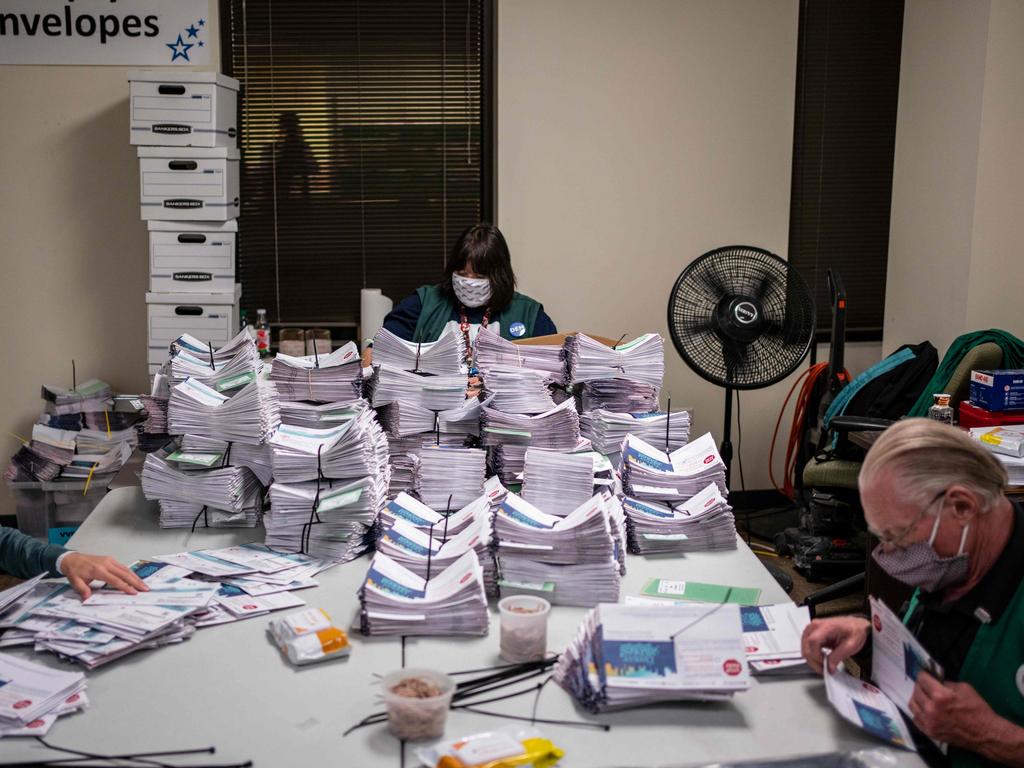
WHEN DOES VOTING END?
Booths in some eastern states shut at 9pm local time (11am Wednesday AEDT), and on the west coast until 8pm local time Tuesday (2pm Wednesday AEDT). Voting in Hawaii continues until 7pm local time (4pm Wednesday AEDT) – but Hawaii is not exactly expected to offer any electoral surprises.
WHY ARE US ELECTIONS HELD ON TUESDAYS?
America’s been electing its president on the first Tuesday in November since the 1800s. Tuesday was chosen as it was the least disruptive day for farming communities back then.
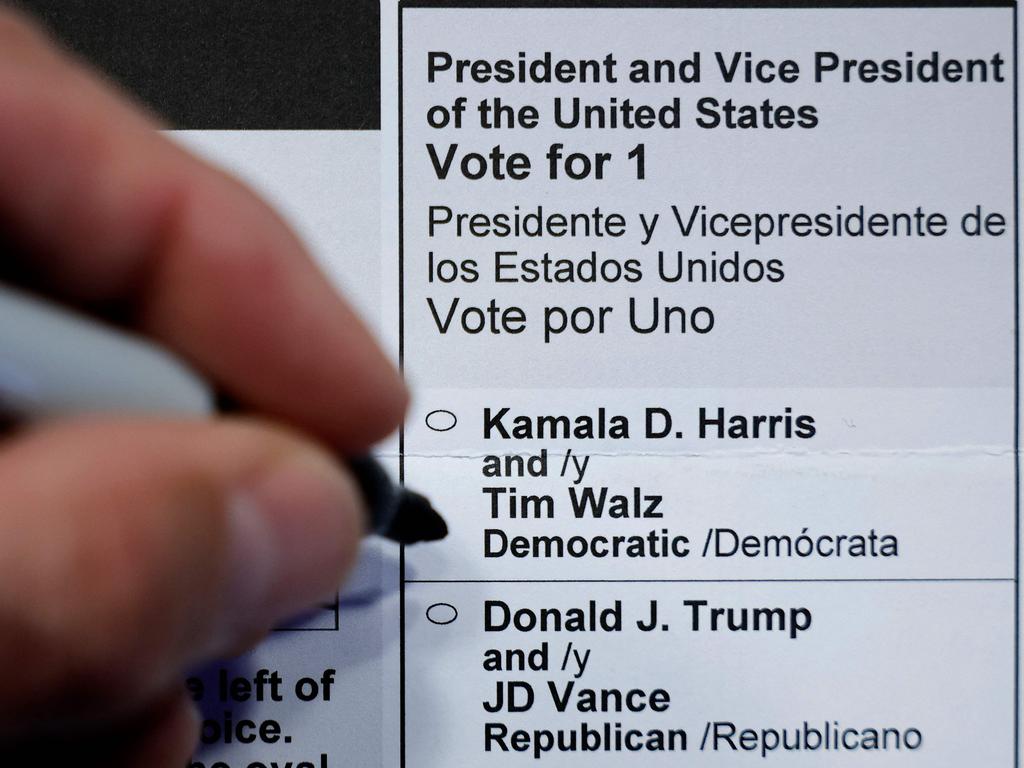
WHO ARE THE PRESIDENTIAL NOMINEES?
The candidates on the ballot vary from state to state but there are two main tickets. The first is the Democrats, led by current Vice President Kamala Harris, with Tim Walz as her deputy, and the second is the Republicans*, led by Donald Trump, with JD Vance as his deputy.
They are on the ballot in all 50 states – and in New York, they are the only candidates on the ballot.
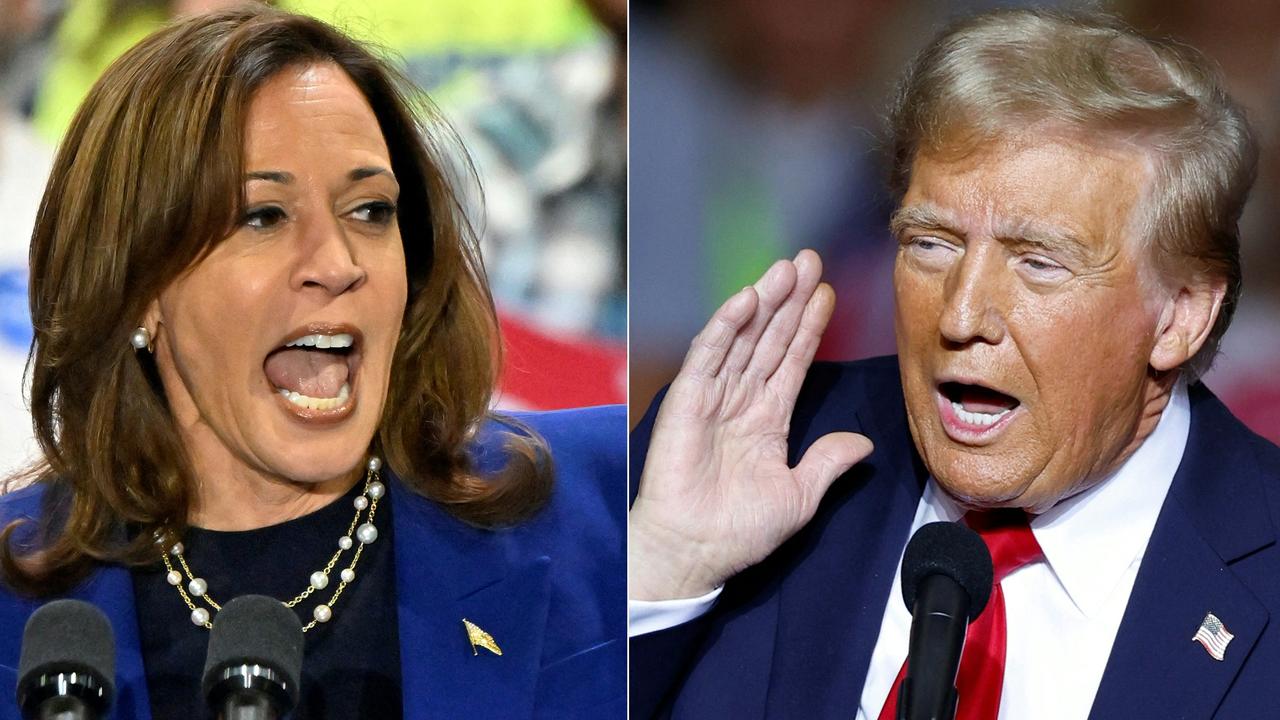
WHO IS ON THE BALLOT ELSEWHERE?
In two other jurisdictions*, Illinois and Washington DC, voters will have three options – Republican, Democrat, and the third option for the no-longer-running independent candidate* Robert F Kennedy Jr and his running mate Nicola Shanahan.
Meanwhile in North Dakota and Wyoming, voters also have three options – Republican, Democrat, and the Libertarian Party* team of Chase Oliver and Mike ter Maat.
And in Pennsylvania and Texas, voters have four choices – Republican, Democrat, Libertarian and the Green Party* candidate Jill Stein, who has Butch Ware as her running mate.
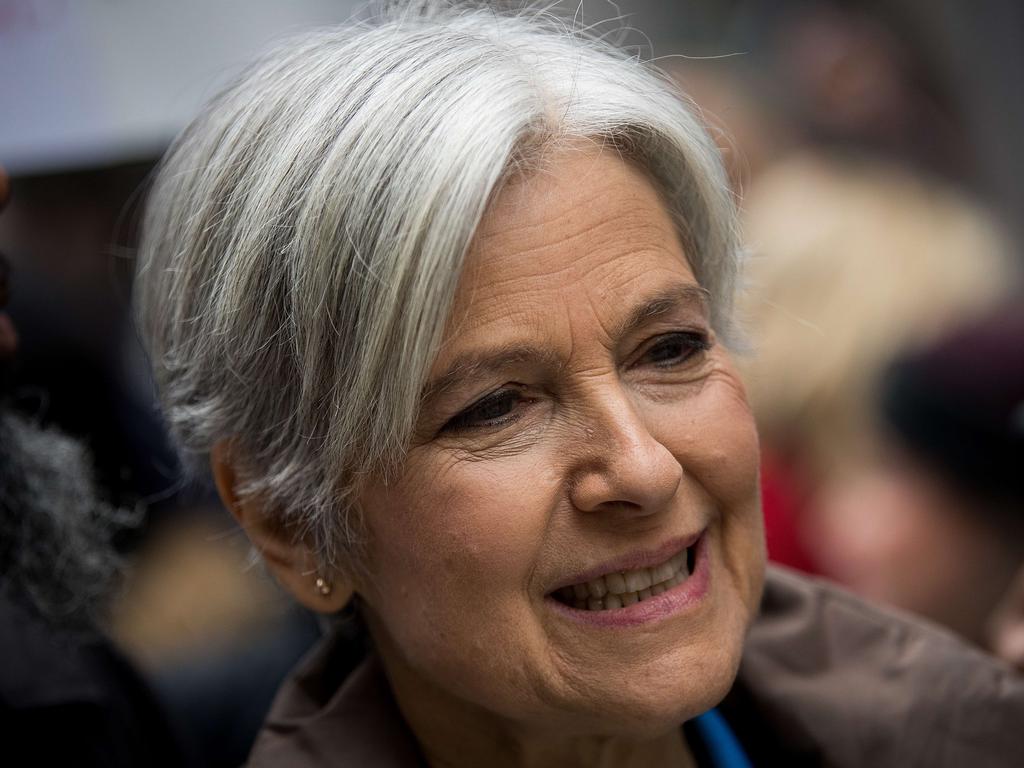
The Green Party is on the ballot in 26 states, and could play a small but pivotal* role in the election; indeed, the former Democratic presidential candidate Hillary Clinton partially blamed the Green campaign for her loss in 2016.
There are also other minor candidates running in other states; Washington state has the most, with 10 different teams on the ballot, while Utah and Wisconsin have eight apiece.
HOW IS THE WINNER DECIDED?
Unlike in Australia, voting in the US is not compulsory.
There are other key differences. In America, each state is allocated a certain number of votes in what is called the Electoral College, which is a process, not a place.
The Electoral College is made up of 538 ordinary Americans chosen to represent their state.
It was created by America’s Founding Fathers as a compromise between electing the president by a vote of citizens and by a vote of members of Congress*.
The number of electors for each state is determined by population. Biggest states have the most: California has 54, Texas has 40, Florida has 30 and New York has 28.
There are 538 electoral college votes in total. Whichever candidate gets a simple majority – 270 or more – will become president.
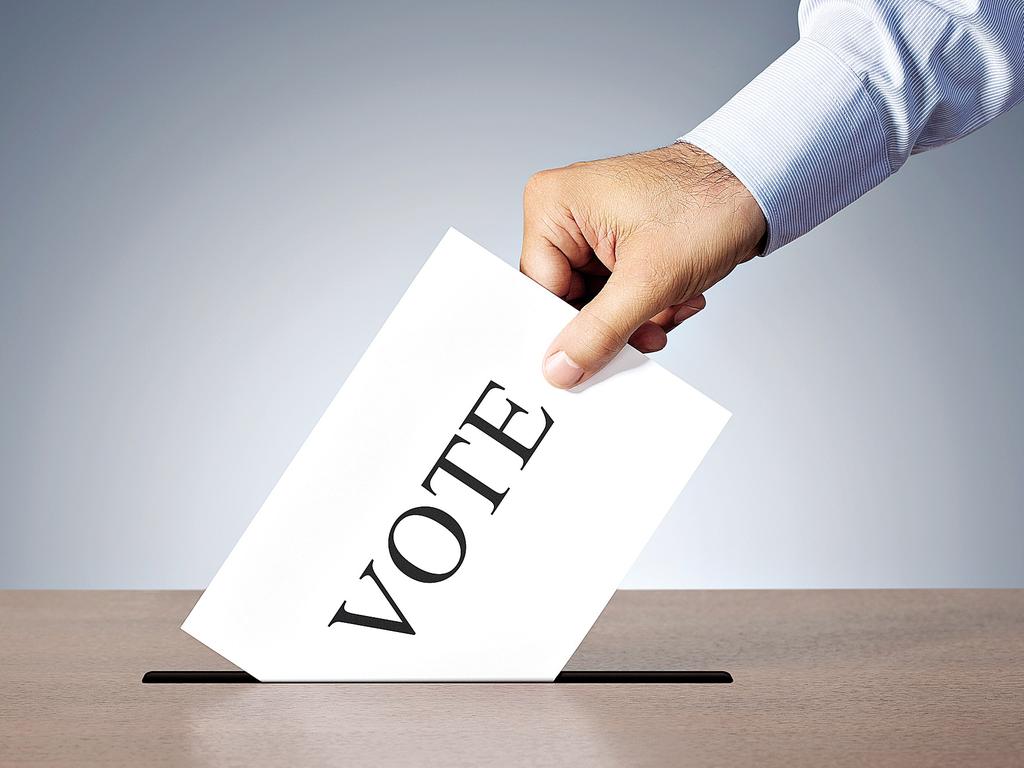
WHICH ARE THE STATES TO WATCH?
Despite all the campaigning, most states are not expected to throw up any surprises on election day: the “red states” (Republican-leaning) will stay red, and the “blue states” will stay true to the Democrats.
If no states offer surprises on election day, Kamala Harris can pretty much bank on 226 electoral college votes, and Donald Trump can presume 219.
It then becomes a race to see who can get to 270 votes from the remaining seven states:
Arizona – 11 electoral college votes
Nevada – 6 electoral college votes
North Carolina – 16 electoral college votes
Pennsylvania – 19 electoral college votes
Michigan – 15 electoral college votes
Wisconsin – 10 electoral college votes
Georgia – 16 electoral college votes
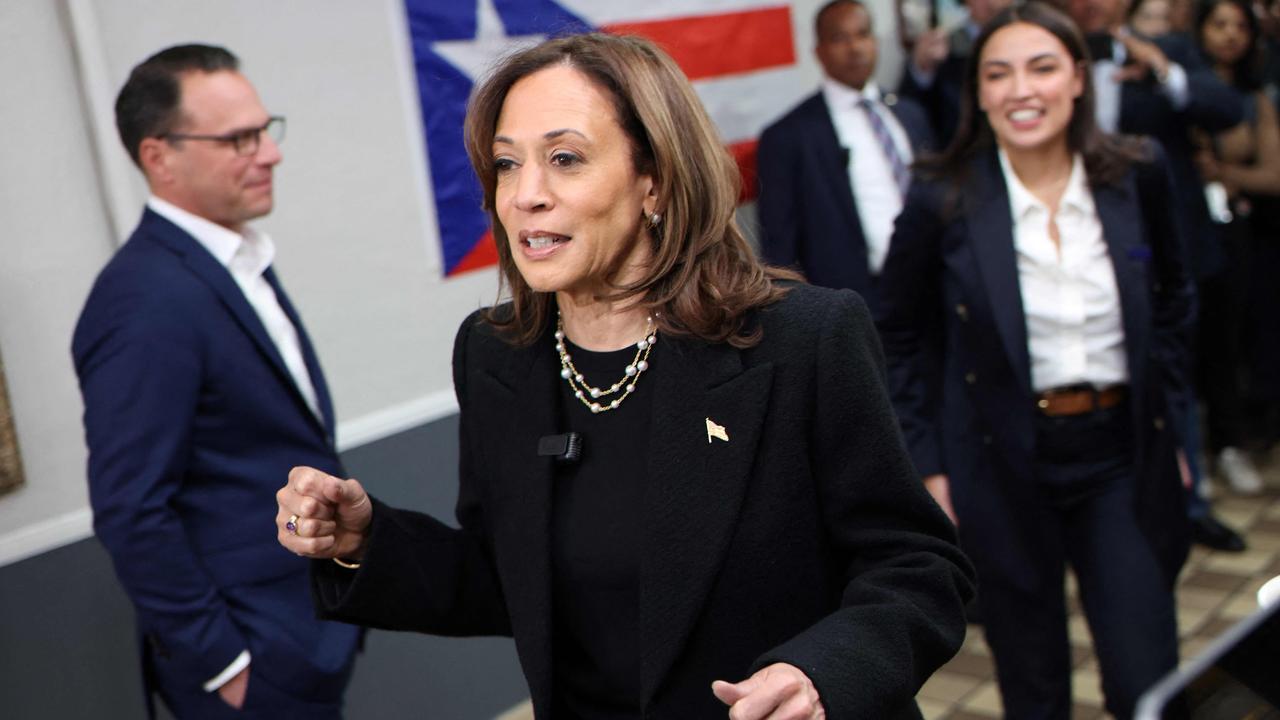
WHAT DO THE POLLS SAY ABOUT THE SEVEN SWING STATES?
A recent Washington Post-Schar School poll shows voters in the seven swing states are very evenly divided between Donald Trump and Kamala Harris.
The poll had Trump leading in Arizona and North Carolina, Harris leading in Pennsylvania, Georgia, Michigan and Wisconsin, and the two candidates tied in Nevada.
But the results were within the margin of error for all seven states. So it’s very close.
WHEN WILL WE KNOW THE OUTCOME?
With such tight contests expected in some states, recounts and court challenges may become a factor. In the 2020 election, an outcome was not known until four days afterwards, and pundits* expect a similar thing could happen this year.
WHEN WILL THE NEXT PRESIDENT TAKE OFFICE?
The next president of the United States will be inaugurated* in Washington DC on January 20, 2025.
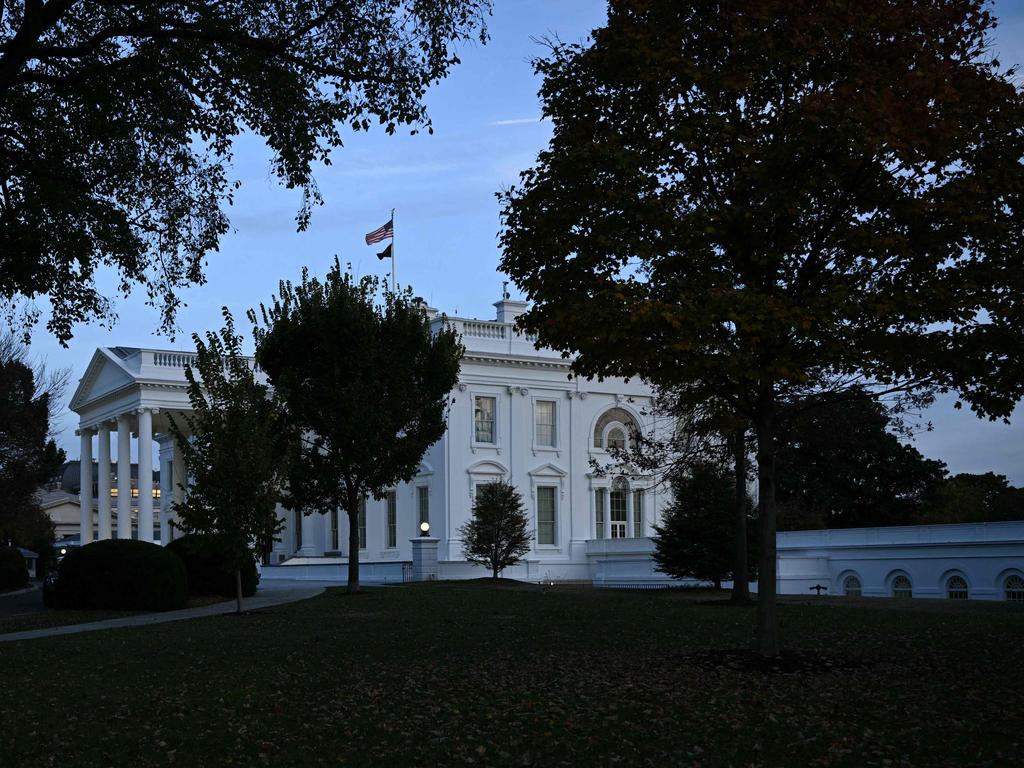
WHAT ABOUT DONALD TRUMP’S LEGAL STANDING?
Earlier this year, Donald Trump was found guilty on 34 felony counts in New York State, relating to records that were falsified to hide hush-money* payments paid prior to the 2016 election. The judge in that case reserved sentencing until November 26. If Judge Juan Merchan sentences Trump to jail, after he has won the presidency, it would create an unprecedented* political and judicial situation. While Trump would undoubtedly appeal any sentence, he would not be able to pardon* himself as he has been sentenced under a New York State law.
In addition to that case, Trump is also facing court matters over his handling of classified* documents, and alleged interference in the outcome of the 2020 election.
Additional reporting by Tom Minear
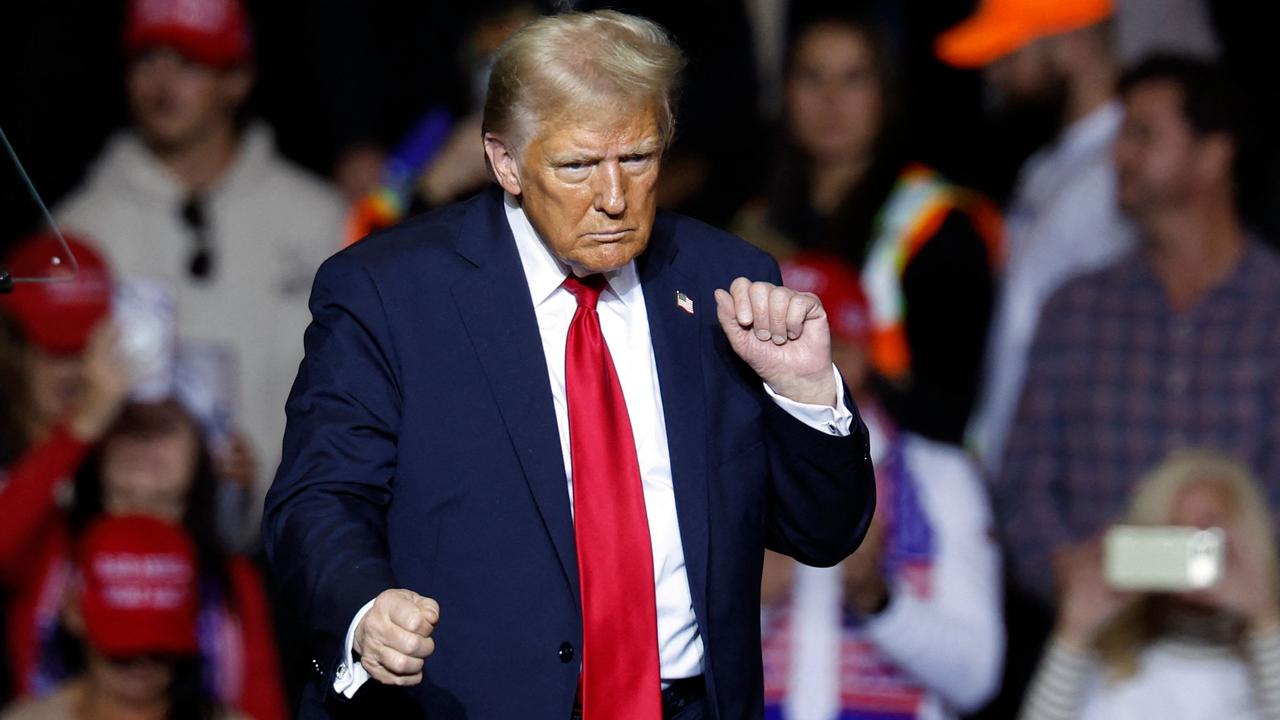
WATCH THE VIDEO
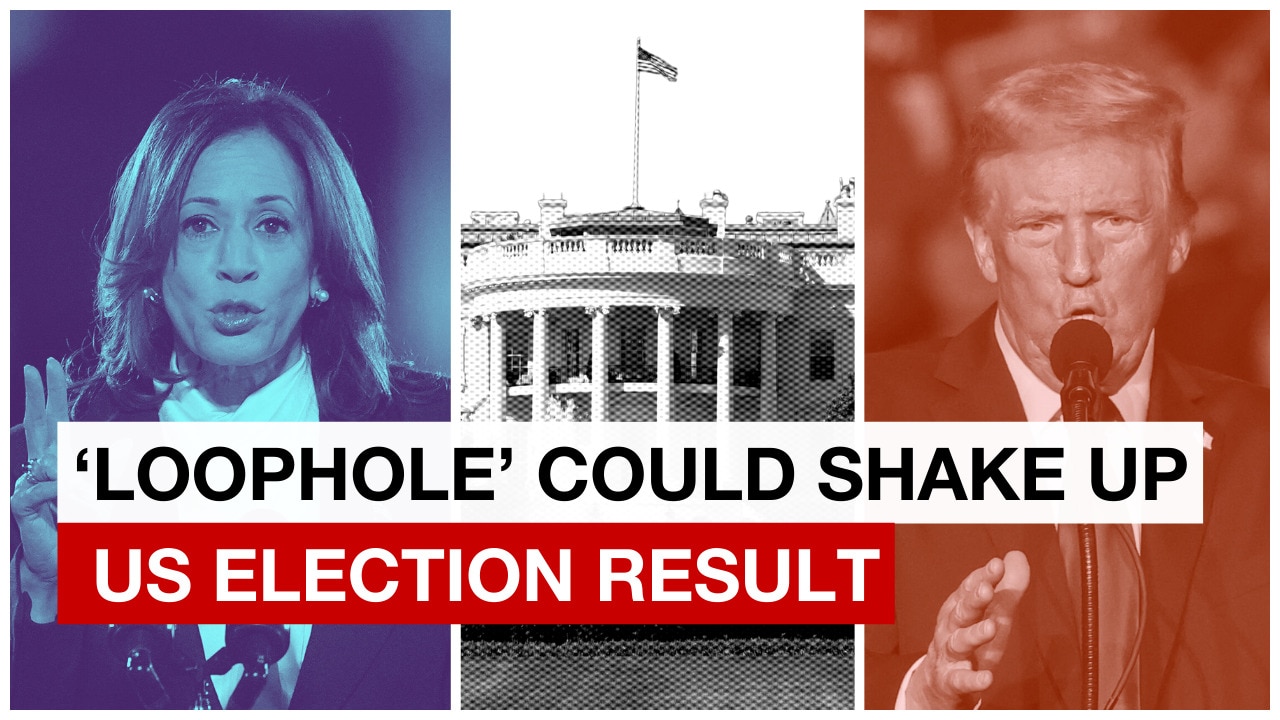
POLL
GLOSSARY
- convicted felon: someone found guilty of committing a serious crime
- AEDT: Australian Eastern Daylight Time, because the election in the US on Tuesday 5 November will mostly mean Wednesday 6 November in Australia due to the time difference
- Democrats: usually associated with more progressive policies and greater government regulation, the Democratic Party is one of two major political parties in the US
- Republicans: the other major political party in the US, the Republican Party generally has more conservative policies and less government regulation
- jurisdictions: territories over which courts and other official and government bodies preside, make decisions about and so on
- independent candidate: a politician that isn’t running as a member of any political party
- Libertarian Party: opposed to government interference in personal, family and business decisions, the party’s website states its members believe all Americans should be free to live their lives and pursue their interests as they see fit as long as they do no harm to another
- Green Party: the party’s website states its key values include four pillars: are peace and nonviolence, ecological wisdom, grassroots democracy and social justice
- pivotal: vital, crucial, significant, central
- Congress: the legislature of the federal government in the US, Congress is divided into two equally important institutions: the House of Representatives and the Senate
- pundits: experts, people who know a lot about a particular subject
- inaugurated: putting someone into an official position during a formal ceremony
- hush-money: money given to someone so they will agree to keep something secret
- unprecedented: has never happened before or existed in the past
- pardon: a presidential pardon is the authority to grant clemency or forgiveness for a crime
- classified: information that is officially secret and only available to certain people
EXTRA READING
Trump serves fries at McDonald’s
‘Cat lady’ Swift endorses Kamala
Guilty: Can Donald Trump still run?
QUICK QUIZ
- How many mail-in ballots (postal votes) had been received a fortnight before election day?
- Why are US elections held on a Tuesday?
- Which party did Hillary Clinton partially blame for her 2016 presidential election defeat?
- In which state are Kamala Harris, Donald Trump ad their respective running mates the only candidates on the ballot?
- How many Electoral College votes are needed to secure the US presidency?
LISTEN TO THIS STORY
CLASSROOM ACTIVITIES
1. To vote or not to vote
In Australia, you receive a fine if you don’t vote in an election, in America it’s optional to vote. Why do you think people might choose not to vote in the presidential election? Outline your reasons below:
–
–
–
–
Time: allow 15 minutes to complete this activity
Curriculum Links: English, Civics and Citizenship, Personal and Social, Critical and Creative Thinking
2. Extension
Do you think Donald Trump should be allowed to run and possibly win the US presidency when he is yet to be sentenced for criminal charges? What would happen to his position if he gets sent to jail?
Time: allow 10 minutes to complete this activity
Curriculum Links: English, Civics and Citizenship, Personal and Social, Critical and Creative Thinking
VCOP ACTIVITY
Activity: Uplevel the sentence
Objective: To help students practise enhancing their sentences by adding descriptive details, using more sophisticated vocabulary and varying sentence structure.
Instructions:
Below is a basic sentence describing the start of the US election voting. Your job is to “uplevel” the sentence, making it more interesting, detailed, and engaging. You can work alone, with a partner, or in a small group to rewrite the sentence in a more sophisticated way.
Original Sentence:
“America is going to the polls to vote for a new president.”
Steps to uplevel the sentence
Add descriptive words:
Describe the atmosphere, such as the tension or excitement among voters.
Use more specific words for “going to the polls,” like heading or rushing.
Add details:
Mention key points from the article, like how voting is happening early by mail in some states or the potential for history-making results.
Enhance vocabulary:
Replace simple words like “new” and “going” with richer vocabulary, such as historic, unprecedented, or crowding.
Create a complex sentence:
Link ideas with conjunctions or add a second clause to provide additional information.
Extension: For an extra challenge, rewrite another sentence from the article. Try to make it sound like it could be part of a news broadcast.

